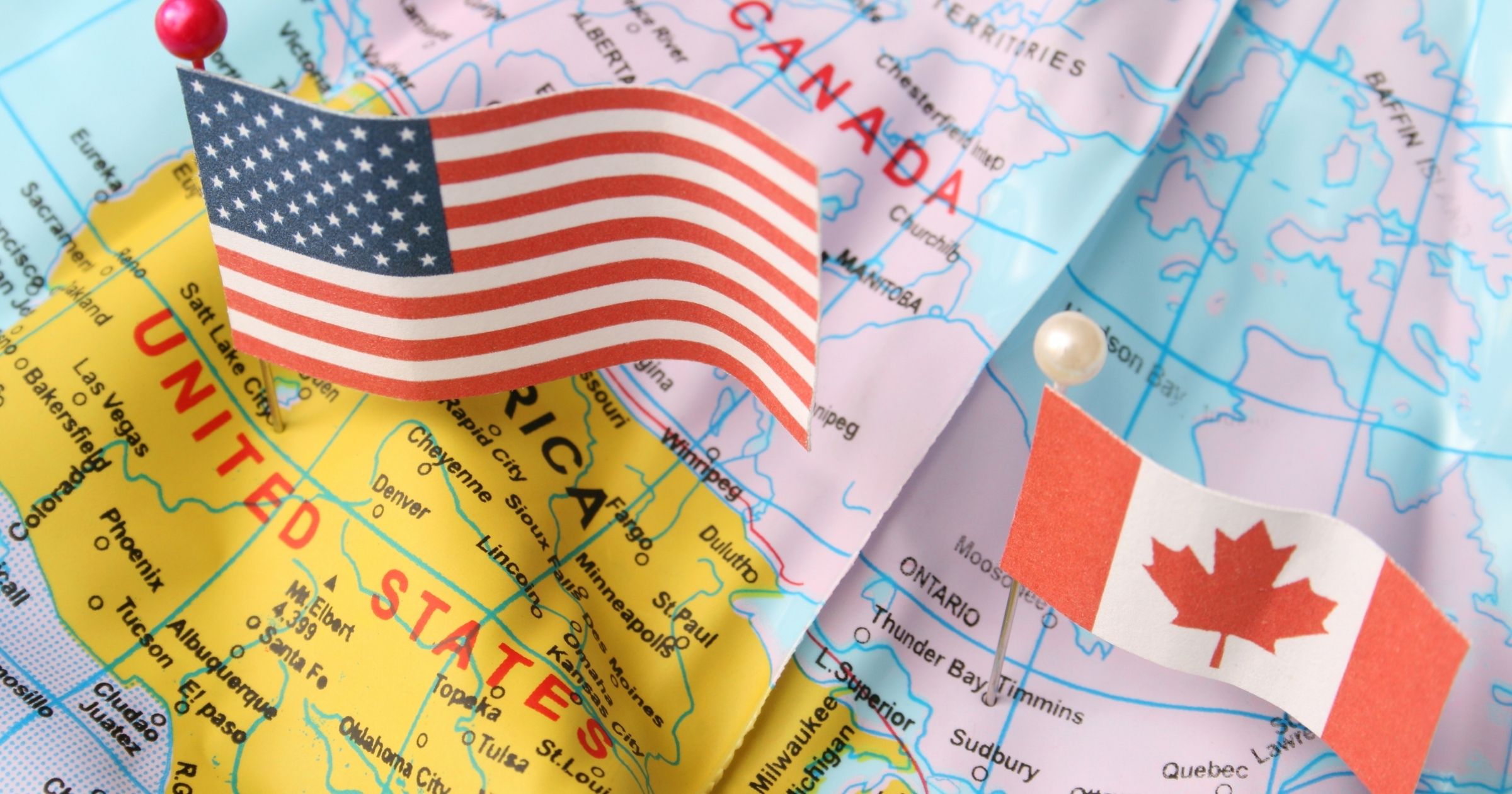CDC Expands Negative COVID-19 Test Requirement to All Air Passengers Entering the U.S.
The Centers for Disease Control and Prevention is expanding the requirement for a negative COVID-19 test to all air passengers entering the U.S. Testing before and after travel is a critical layer to slow the introduction and spread of COVID-19. The CDC says this strategy is consistent with the current phase of the pandemic and more efficiently protects the health of Americans.
Variants of the SARS-CoV-2 virus continue to emerge in countries around the world, and there is evidence of increased transmissibility of some of these variants. With the U.S. already in surge status, the CDC notes the testing requirement for air passengers will help slow the spread of the virus while the work to vaccinate the American public in underway.
Before departure to the U.S., a required test, combined with the CDC recommendations to get tested again three to five days after arrival and stay home for seven days post-travel, will help slow the spread of COVID-19 within U.S. communities from travel-related infections. Pre-departure testing with results known and acted upon before travel begins will help identify infected travelers before they board airplanes.
Air passengers are required to get a viral test (a test for current infection) within the three days before their flight to the U.S. departs, and provide written documentation of their laboratory test result (paper or electronic copy) to the airline or provide documentation of having recovered from COVID-19. Airlines must confirm the negative test result for all passengers or documentation of recovery before they board. If a passenger does not provide documentation of a negative test or recovery, or chooses not to take a test, the airline must deny boarding to the passenger.
This order was signed by the CDC Director on January 12, 2021 and became effective on January 26, 2021.
"Testing does not eliminate all risk," said Robert R. Redfield, MD, CDC Director. "But when combined with a period of staying at home and everyday precautions like wearing masks and social distancing, it can make travel safer, healthier and more responsible by reducing spread on planes, in airports and at destinations."
Tori Emerson Barnes, Executive Vice President of Public Affairs and Policy, U.S. Travel Association, applauded the expanded requirement in a statement.
"We appreciate the Centers for Disease Control and Prevention's announcement of a COVID-19 testing requirement for inbound international travelers," Emerson Barnes said. "A testing requirement provides yet another layer of safety for international travel, and should be accompanied by other risk-based policies—including lifting international inbound travel restrictions and dropping any post-arrival quarantine requirements.
"With an international testing requirement in place, international visitors and returning residents would be tested at much higher rates than the general public and pose a much lower risk of transmitting the disease. So it would make sense to lift international travel restrictions and quarantine requirements at the same time."
With a risk-based, layered approach to health and safety throughout every aspect of travel, Emerson Barnes said it's possible to both protect public health and allow travel to safely resume.
However, in a difference of opinion, Zane Kerby, President & CEO of ASTA, said in a statement that though the organization supports an accurate, rapid-response testing regime for airline travelers in lieu of mandatory quarantines and travel bans, requiring a negative COVID-19 test within 72 hours of departure will not ensure that COVID-19 will not spread.
"It is very possible to be infected within 72 hours of having received a negative test result. As the CDC has already acknowledged, on its own, the new testing regulation will not halt the virus' spread due to lag time between test and flight, incubation period, and false positives," Kerby said. "Implementing such a requirement without a rapid-response, reliable test threatens to create a logistical crisis. When travelers are stranded because they are unable to obtain an in-destination test in time for departure (if at all), this will set off a domino effect throughout the supply chain—stranded passengers missed connections, and canceled flights.
"The inability to procure a test and the uncertainty of being stranded will cause many travelers to postpone plans, resulting in further mental, emotional and economic harm."
Kerby explains that at the least, the CDC should communicate its list of exempted destinations so travel advisors and consumers can make informed decisions regarding their travel plans.
"Additionally, now that vaccines are available, we have a solution to ensure that travelers are protected," Kerby said. "ASTA remains committed to advocating for more resources for vaccine distribution, increasing the capacity and timeliness of testing in our own backyard, and a federal mandate requiring masks in all public places.
"The CDC Director has said that wearing a mask is the single most important step you can take to protect yourself from the virus. This is why we have called on the incoming Biden Administration to require passengers to wear masks on all flights, foreign and domestic."
Kerby emphasized that requiring virus testing when the global infrastructure to perform testing doesn't exist will strain the travel economy further without addressing the problem at hand.
If you decide to travel soon, be sure to use the CDC's Travel Planner to ensure you're up to date on all current restrictions.
Written by Sarah Suydam, Managing Editor for Groups Today.



